The Catholic Church like most organized religions has for centuries reached out to the deaf and hard of hearing. Today Catholics have a significant worldwide ministry for the deaf community; however, historically the Church’s position on deafness was not so kindly. Early philosophers of their time were quite influential and did not help the plight of the deaf. Plato (427-347 BC) believed that people were born with ideas and language, and only required time to show their intelligence. Without speech, he thought deaf people must not be capable of ideas or language. Aristotle (384-322 BC) felt that people could not be educated without hearing and therefore, deaf people could not learn. Before the Christian era, it was commonly thought that the deaf were under a curse or contained an evil spirit; they were called monsters, and even killed when their deafness was discovered. In families the deaf were considered a useless burden and kept in isolation. It was St. Augustine’s belief (circa 354 AD – 430 AD) that deafness was the result of sins of the parents; therefore “afflicted” children were a sign of God’s anger or punishment. In the early Church the deaf and hard of hearing were excluded since they could not hear the word of God. It was not until the time of the Reformation in the 16th century when the Church’s attitudes toward the deaf and mute began to change, and instruction was given for the sole purpose of teaching religion. It was the priests and clergymen interested in saving souls who supported the education of the hearing impaired. Early audiologists and educators of the deaf who were Church faithful included Cardano, Ponce de Leon, Bonet, Del’ Epee, Sicard, Massieau, Clerc, and Gallaudet. In the late 1970s, the Archdiocese of Washington became a model for the world, providing services to deaf and hard of hearing Catholics. A number of diocese and archdioceses in the United States are now helping the Deaf participate in weekly liturgies, the sacraments, faith formation, and youth ministry. Today there are deaf ordained priests and deacons, deaf Catholic pilgrimages, and homilies available in American Sign Language online. The Archdiocese of Washington is also responsible for Gallaudet University, the only liberal arts college of the Deaf in the world, which it has served for more than 50 years. While accessibility for the Deaf community is becoming more common within the Church, there is still an urgent need for improvement. Responding to Pope Francis’ appeal in his message for the 2020 International Day of Persons with Disabilities, the Vatican’s Dept. for Communications has launched the Project “No one left out.” Its goal is to offer people with communication challenges access to the Pope’s General Audience, Angelus and his other prayers. The service is free of charge and accessible through the Vatican News YouTube channel. Sign language in Italian and American is provided as well as subtitling services. At Easter on April 4 the project launched with the Easter Triduum. The project is experimental for a year, with the hope of it becoming a regular service, and also become available in other languages. The project is being supported by the Pius Institute for the Deaf in Milan, the Christian Blind Mission Italis, Friends of Vatican Radio, and the St. Francis Borgia Deaf Center in Chicago
